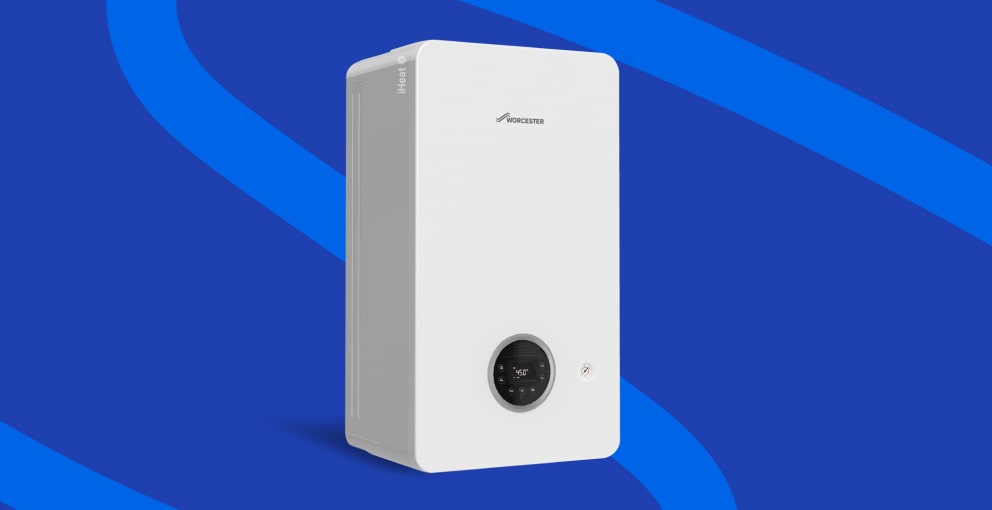Boiler filters are indispensable components in central heating systems, particularly crucial in the UK where efficient heating is essential. They serve to capture and remove debris and magnetic particles from circulating water, preventing accumulation that can compromise system efficiency and longevity. Incorporating a boiler filter significantly enhances heating system efficiency, leading to reduced energy bills.
Understanding the Types of Boiler Filters
Boiler filters come in several types, with magnetic filters being the most common. These use magnets to attract metallic particles, preventing them from causing blockages or damage. Non-magnetic filters are also available, designed to capture non-metallic debris like rust and scale. Some filters combine both magnetic and non-magnetic technologies for comprehensive filtration.
Importance of Magnetic Filters
Magnetic filters play a critical role in safeguarding boilers against sludge and debris. Installed on the return pipe, they capture metallic particles, thus enhancing heating system efficiency and preventing blockages. Regular maintenance by a qualified engineer ensures these filters continue to deliver long-term benefits such as reduced energy consumption and extended boiler lifespan.
Non-Magnetic Debris Filtering
Non-magnetic filters complement magnetic filters by capturing non-metallic debris that can accumulate in heating systems over time. While less common than magnetic filters, they are equally important for maintaining clean and efficient boiler operation.
How to Clean a Boiler Filter
Regular cleaning is essential to maintain the effectiveness of boiler filters. Follow these steps for proper maintenance:
- Turn Off the Boiler: Ensure safety by switching off the boiler before cleaning.
- Locate the Filter: Typically found near the return pipe of the boiler.
- Unscrew the Filter Cap: Use appropriate tools to carefully loosen and remove the cap.
- Remove the Filter and Magnet: Take out both components, prepared for some water spillage.
- Inspect and Clean: Check for damage or excessive debris on the filter and magnet. Clean thoroughly using a high-pressure hose or tap water to remove rust and debris.
- Reassemble: Place the cleaned filter and magnet back into position, ensuring the cap is tightly secured.
- Restart the Boiler: Turn the boiler back on and monitor for normal operation. Seek professional help if issues persist.
Benefits of Boiler Filters
Boiler filters offer several advantages that contribute to efficient and reliable heating:
- Enhanced Efficiency and Performance: By preventing debris buildup, boiler filters maintain unrestricted water flow, improving heat transfer efficiency and reducing fuel consumption.
- Extended System Lifespan: Protecting internal components from damage helps prolong the boiler’s operational life.
- Reduced Energy Bills: Improved efficiency leads to lower energy consumption, resulting in cost savings over time.
- Noise Reduction: Cleaner systems experience fewer blockages and pressure issues, leading to quieter operation.
Installation and Maintenance
Proper installation by a Gas Safe registered engineer is crucial to ensure filters are correctly fitted and compatible with your boiler system. Regular servicing and cleaning by professionals help maintain filter effectiveness and prevent blockages. Prompt attention to blockages or damages ensures uninterrupted boiler operation and avoids costly repairs.
Handling a Broken Boiler Filter
If a boiler filter breaks or malfunctions, prompt action is necessary to avoid system damage. Minor issues may be resolved with basic repairs, but significant damage or leaks require professional intervention. Consider replacing the filter if repairs are impractical or the damage is severe.
Cost Considerations
The cost of a boiler filter in the UK varies by brand and model. On average, magnetic filters range from £70 to £100. Investing in a quality filter ensures optimal performance and may include extended warranty benefits, making it a worthwhile expenditure.
Choosing the Right Boiler Filter
Selecting the appropriate boiler filter depends on factors such as your heating system type, water hardness, and compatibility with the boiler model. Consider whether a magnetic or non-magnetic filter suits your system’s needs and addresses any specific water quality challenges.
Conclusion
Boiler filters are essential for maintaining efficient and reliable central heating systems. Understanding their types, benefits, and proper maintenance ensures optimal performance, extends system lifespan, and reduces energy costs. Regular professional servicing and timely replacements contribute to uninterrupted heating and cost-effective operation of your boiler system.


